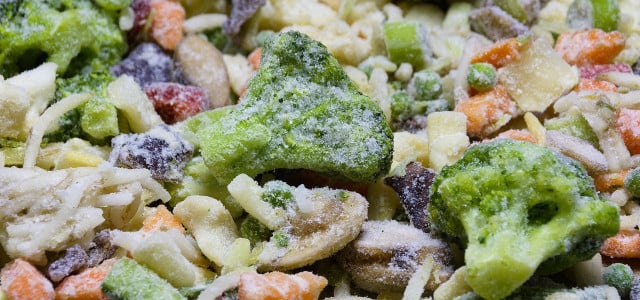If you have more vegetables in your fridge than you’re able to eat, freeze them! We’ll show you why frozen vegetables can be healthier than fresh ones.
Frozen vegetables are a convenient option to have in the freezer; they are chopped and ready to cook, which comes in handy when you are short on time or energy. On top of that, you don’t have to worry about using your fresh produce before it goes bad in the fridge. But despite the time-saving benefits, are frozen vegetables as healthy as fresh produce? And if so, which is the better option for you? Read on to find out.
Are Frozen Vegetables Healthy?
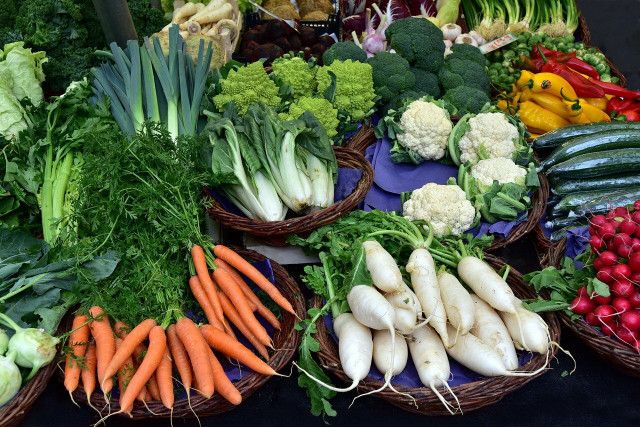
(Foto: CC0 / Pixabay / ulleo)
It is common to think that fresh produce is healthier than frozen produce. Perhaps this is because fresh vegetables seem more appetizing and “natural” than the frozen veggies we can find at a grocery store. However, it is not always true that fresher equals healthier.
The freshness of a vegetable is measured when the veggie is picked from the farm, not when you buy it at your local grocery store. Sometimes, fresh produce may have to travel for a few weeks before reaching the store. During that time, vegetables start losing their nutrients and vitamins, which means that the longer you keep them in the fridge, the more nutritional quality they lose. This is one of the reasons why we also recommend you shopping locally as much as possible. You won’t only reduce your carbon footprint, but you will be able to enjoy nutrient-rich, fresh produce which has recently been picked.
The freezing process can be favorable for vegetables (and fruits) because it delays their aging process. If you freeze your produce when it is still fresh, your veggies will be closer to the peak of their nutrient density, and therefore they will keep all their vitamins. In this case, a frozen vegetable would be healthier – and more nutritious – than any another veggie you’ve had sitting in the fridge for a while.
Frozen Vegetable Benefits
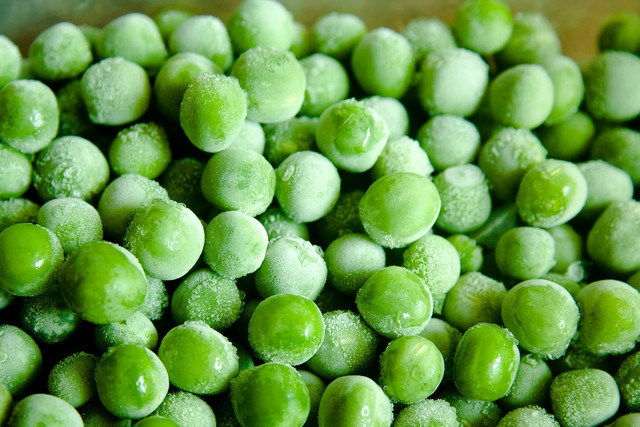


(Foto: CC0 / Pixabay / PDPics)
It may seem like the healthiest option to buy fresh produce from the store. However, that is not always the case. Frozen vegetables are healthy and have more benefits than you might think:
- Fresh vegetables were frozen shortly after being picked, which means that they were at the peak of their nutritional value. If you freeze your produce when it is still fresh, you will keep all its nutrients and vitamins even if you consume it later on.
- This also means that frozen vegetables that you’ve had for months can be healthier than whatever produce you’ve had sitting in the fridge for a week or two.
- Freezing your produce allows you to save your favorite out-of-season vegetables from out of season to eat them throughout the year. This makes it more sustainable too, since you won’t be buying out-of-season produce that needs to be shipped from other locations, and will therefore reduce your carbon footprint.
- If you freeze your vegetables, you can reduce food waste. By keeping a supply of frozen produce, you can prevent your fresh vegetables from spoiling, especially the ones that go off quickly. You won’t have to worry about your produce going off in your fridge.
Frozen Vegetable Drawbacks
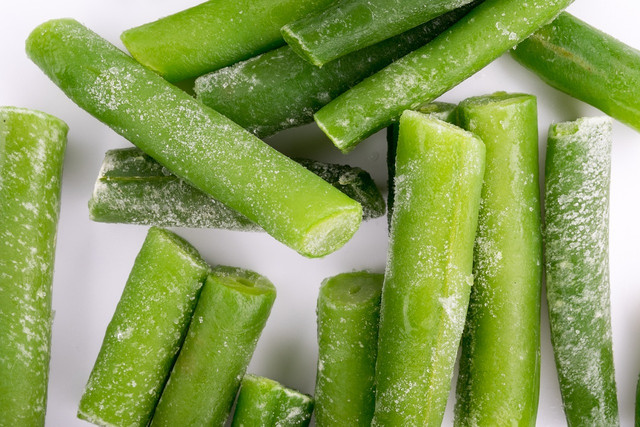


(Foto: CC0 / Pixabay / LeoNeoBoy)
Even though there’s a lot of good reasons to consume frozen vegetables, there’s also a few things you should keep in mind before you purchase them:
- Check the ingredient label to make sure that they don’t have preservatives or additives.
- Make sure you buy your frozen vegetables on their own, not as part of a frozen meal. When they come with a premade sauce or seasoning, they usually contain added sugar and/or salt, as well as preservatives.
- Environmental impact: Frozen vegetables from the grocery store come in plastic bags and may be imported from faraway destinations, increasing their carbon footprint. If you want to take advantage of frozen vegetables and their benefits, consider buying your own locally-sourced and organic produce and freezing it yourself to reduce plastic waste.
How to Freeze Your Own Vegetables to Avoid Food Waste
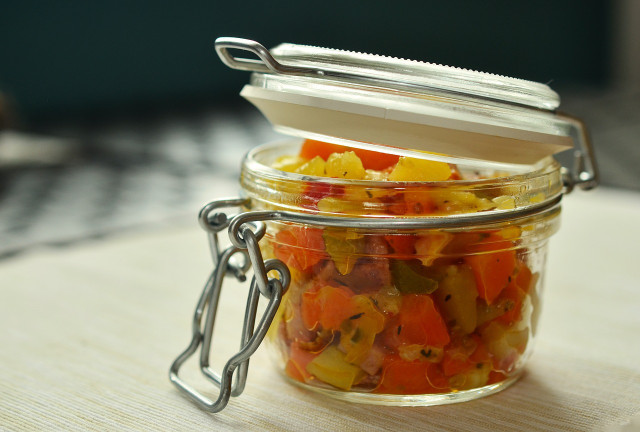


(Foto: CC0 / Pixabay / congerdesign)
Freezing your vegetables is basically pausing their life expectancy; they will last longer and you will avoid spoilage. If you are thinking about freezing your own vegetables to reduce food waste, here’s a few things for you to consider:
- When you buy fresh vegetables, make sure they are cut, washed, and dried before freezing. You can store them in a mason jar or a glass container in order to freeze your food without plastic.
- Only freeze your vegetables once; when they reach room temperature after being taken out of the freezer, you can’t freeze them again.
- You can freeze vegetable scraps to make broth or stock later.
- Make sure you defrost your frozen vegetables correctly. You can transfer them to the fridge the day before you need them, or even leave them at room temperature to use them the same day.
Keep in mind that not all vegetables need to be frozen the exact same way. For a more specific guide on how to best freeze different vegetables, refer to the following articles:
- How to Freeze Eggplant
- How to Freeze Basil
- How to Freeze Bell Peppers and Hot Peppers
- How to Freeze Spinach
- How to Freeze Avocados
- How to Freeze Asparagus
- How to Freeze Onions
- How to Freeze Summer Squash and Zucchini
- How to Freeze Carrots
- How to Freeze Green Beans
Read on:
- Storing Food Correctly: 7 Tricks for Vegetables, Fruits and Leftovers
- How to Clean Your Refrigerator: Natural Fridge Cleaner
- 8 Foods That Don’t Belong in the Freezer
Do you like this post?






